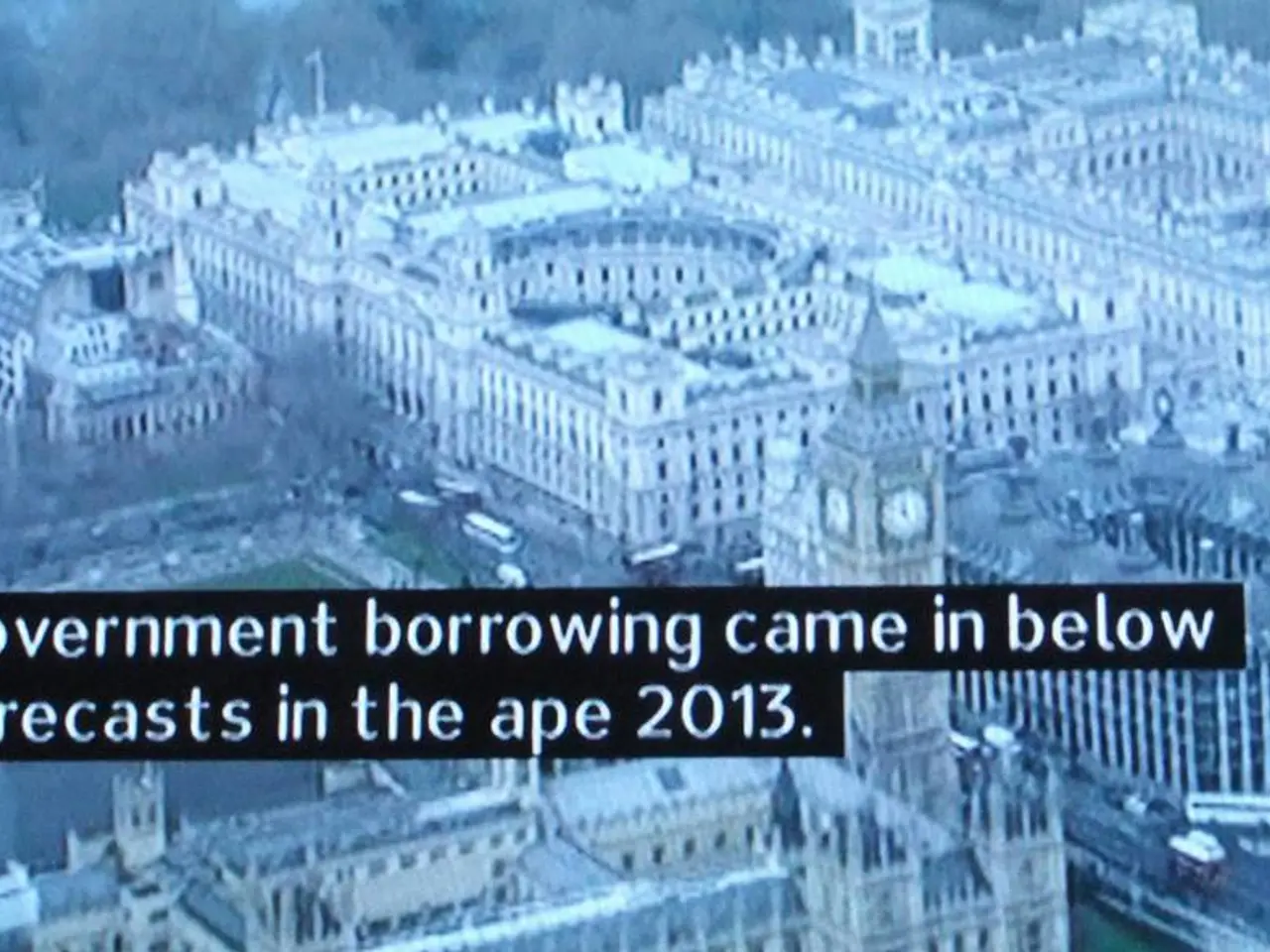One Big Beautiful Bill Act Sparks Controversy Over Cuts to Safety Net Programs
The 'One Big Beautiful Bill Act' has sparked controversy. Signed into law on July 4, it faces criticism from Democratic Minority Leader Hakeem Jeffries and the U.S. Conference of Catholic Bishops (USCCB) for potential harm to vulnerable Americans. Meanwhile, House Speaker Mike Johnson predicts economic benefits.
The bill includes substantial cuts to safety net programs. Medicaid, which covers 71.4 million Americans, faces cuts of $930 billion. This could lead to 7.8 million people becoming uninsured by 2034 due to new federal work rules and eligibility changes. The Supplemental Nutrition Assistance Program (SNAP) also sees reductions of $285 billion, potentially impacting 40 million people, including 16 million children, 8 million seniors, and 4 million disabled adults. An estimated 600,000 low-income households could see their benefits cut by an average of $100 per month.
The Society of St. Vincent de Paul USA warns of a 'staggering impact on the poor'. Nearly 28 million adults in the U.S. already live in homes where there was sometimes or often not enough to eat in the previous week.
Archbishop Timothy P. Broglio of the USCCB stated the bill would cause harm to the most vulnerable, citing cuts to health care, food assistance, tax cuts increasing inequality, immigration provisions, and cuts to programs protecting God's creation. The USCCB praised the inclusion of a $1,000 'above-the-line' charitable deduction to encourage giving, but urged further expansion to help reverse the decline in charitable donations.
The 'One Big Beautiful Bill Act' has raised concerns about its impact on vulnerable Americans, particularly regarding cuts to Medicaid and SNAP. While House Speaker Mike Johnson predicts economic benefits, critics urge lawmakers to consider the potential consequences for the most vulnerable.




